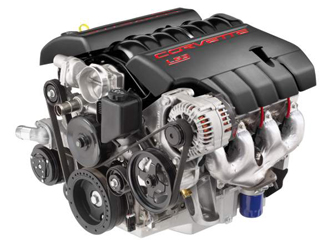Mitsubishi Lancer Evo 10 U1101 Engine Trouble Code
Theoretically you can drive for a few weeks or even months with a broken MAF sensor. You will notice a decrease in gas mileage and over time the car will eventually start stalling a lot. At a shop, the replacement cost is between $200-$300 depending on the car, but that's usually the cost of parts because the labor is relatively simple.
Mitsubishi Lancer Evo 10 U1101 Code Meaning :
| U | 1 | 1 | 0 | 1 |
|---|---|---|---|---|
| OBD-II Diagnostic Network (U) Trouble Code For Engine | Fuel And Air Metering | Fuel Rail/System Pressure - Too High | Cold Start Injector 1 Malfunction | Crankshaft Position Sensor A Circuit Low Input |

|
When you check Mitsubishi Lancer Evo 10 car engine light came on code U1101 the reason should be Engine Light ON (or Service Engine Soon Warning Light). However manufacturer may have a different definition for the U1101 OBD-II Diagnostic Network (U) Trouble Code. So you should chech it on our car models. |
U1101 Fault Symptoms :
|
If one of these reasons for U1101 code is occuring now you should check U1101 repair processes.
Now don't ask yourself; What should you do with U1101 code ? The solution is here : |
Mitsubishi Lancer Evo 10 U1101 Possible Solution :
Disconnected, dirty or fouled spark plugs are common causes for engines that won't start. Spark plugs typically need to be replaced every season or 25 hours of use. You should also check that the spark plug gap is set properly. If your spark plugs look good, problems with your ignition system can also preventing a spark. These can range from a faulty spark plug lead, shorted kill switch or flywheel key damage.
U1101 OBD-II Diagnostic Network (U) Trouble Code DescriptionU1101 engine trouble code is about Crankshaft Position Sensor A Circuit Low Input.Reason For U1101 CodeThe reason of U1101 OBD-II Engine Trouble Code is Fuel Rail/System Pressure - Too High. |
Parts or components should not be replaced with reference to only a U1101 DTC. The vehicle service manual should be consulted for more information on possible causes of the fault, along with required testing.

